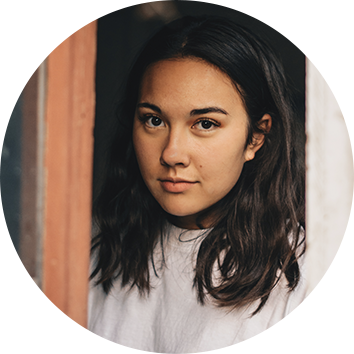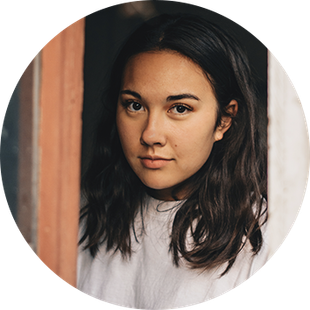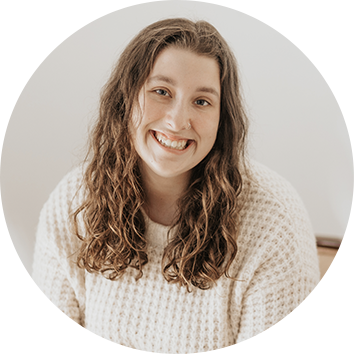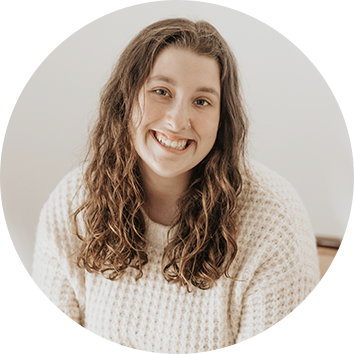If you are a premenopausal woman who has recently been diagnosed with hormone receptor positive breast cancer, a new clinical trial sponsored by Atossa Therapeutics evaluating a once-a day oral capsule, called EVANGELINE, may be right for you.
EVANGELINE has Greek origins meaning "good news". Atossa hopes to bring more patients good news by developing improved treatments for breast cancer.
(Z)-endoxifen
- (Z)-endoxifen is a selective estrogen receptor modulator (SERM). SERMs are a type of treatment given to treat estrogen receptor positive (or ER+) breast cancer.
- SERMs can block estrogen and stop ER+ cancer from growing and spreading in some patients.
- Unlike other SERMS, (Z)-endoxifen has been shown to impact an enzyme called PKCβ1, which plays a role in regulating cancer cell activity. This is thought to enhance the anti-cancer effects of (Z)-endoxifen.
- (Z)-endoxifen treatment may be a strong enough estrogen antagonist, to be used on its own or provide additional efficacy when combined with standard therapy.
Premenopausal Breast Cancer Clinical Trial | Information
- EVANGELINE is an open-label, randomized, Phase 2 pre-surgical study in premenopausal women 18 years of age and older with newly diagnosed early stage ER+/HER2- breast cancer
- This is a two-part trial and participants will only participate in one part:
- Part 1
- (Completed) - Here, the goal
is to find a dose of (Z)-endoxifen that reaches levels in the blood that have been shown to impact PKCβ1 (and enhance anti-cancer benefits). This dose will be used in the next part of the study.
- Part 2
- Once the right dose is determined, the goal is to see if the anti-cancer benefits of (Z)-endoxifen are different from those in patients taking standard treatments (goserelin + exemestane), or better when combined.
- Additional information can be obtained from the national clinical study register, Clinicaltrials.gov (click here NCT05607004).
See If You Are Eligible
If you meet these requirements, you may be eligible to participate. Select Learn More to be put in touch with trial staff.
You're pre-menopausal
Have not received treatment for
your breast cancer
Where is the Evangeline Trial Taking Place?
All site locations below are currently open for enrollment.

Rochester, MN
richel.taylor@mayo.edu
Phoenix, AZ
vanstone.alicia@mayo.edu
Jacksonville, FL
Fernandez.emily@mayo.edu
Edgewood, KY
Kelly.Newland@stelizabeth.com
St. Louis, MO
Sioux Falls, SD
Midlothian, VA
Nashville, TN
Detroit, MI
Seattle, WA
Boston, MA
Houston, TX
Tucson, AZ
Chicago, IL
clinicaltrials@northwestern.edu
Los Angeles, CA
Frequently Asked Questions









